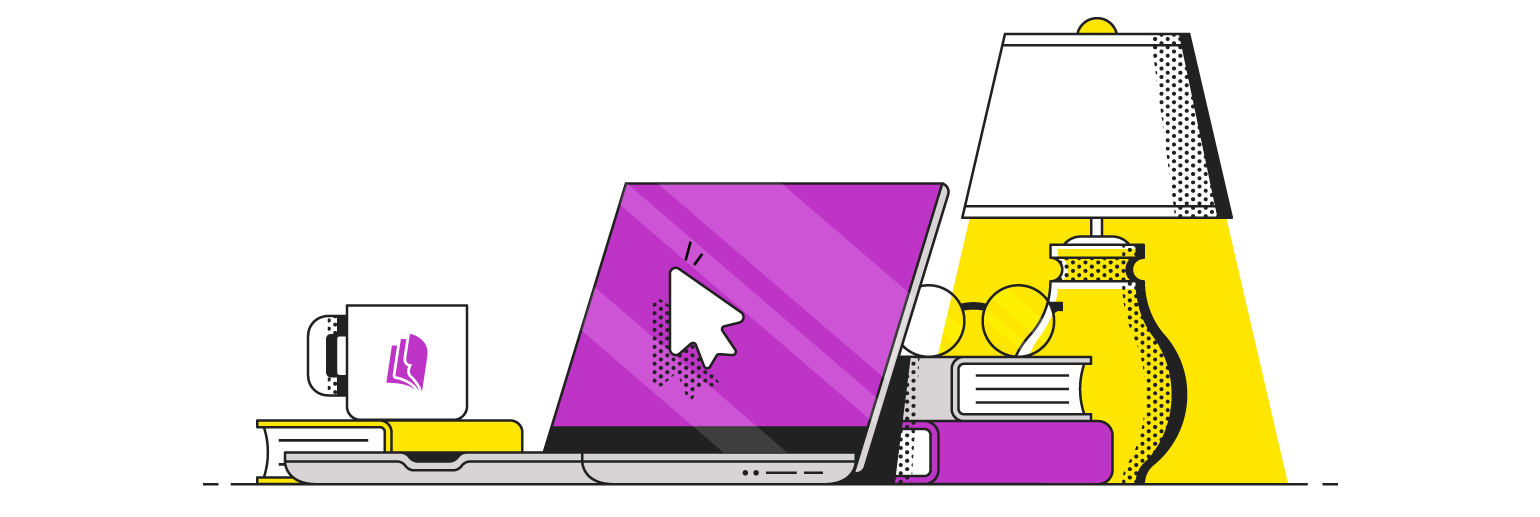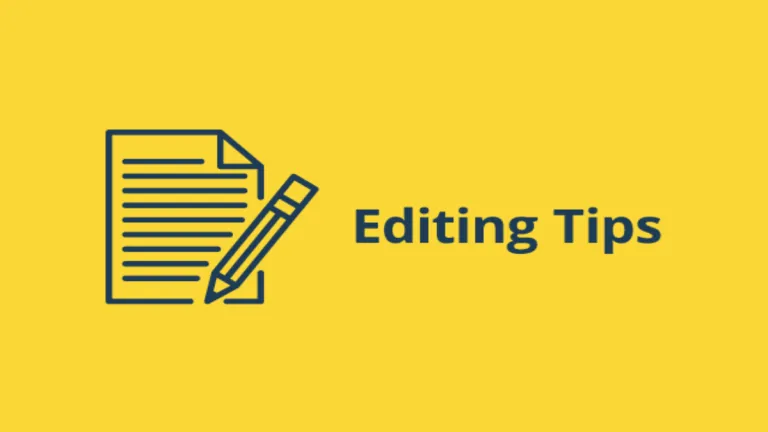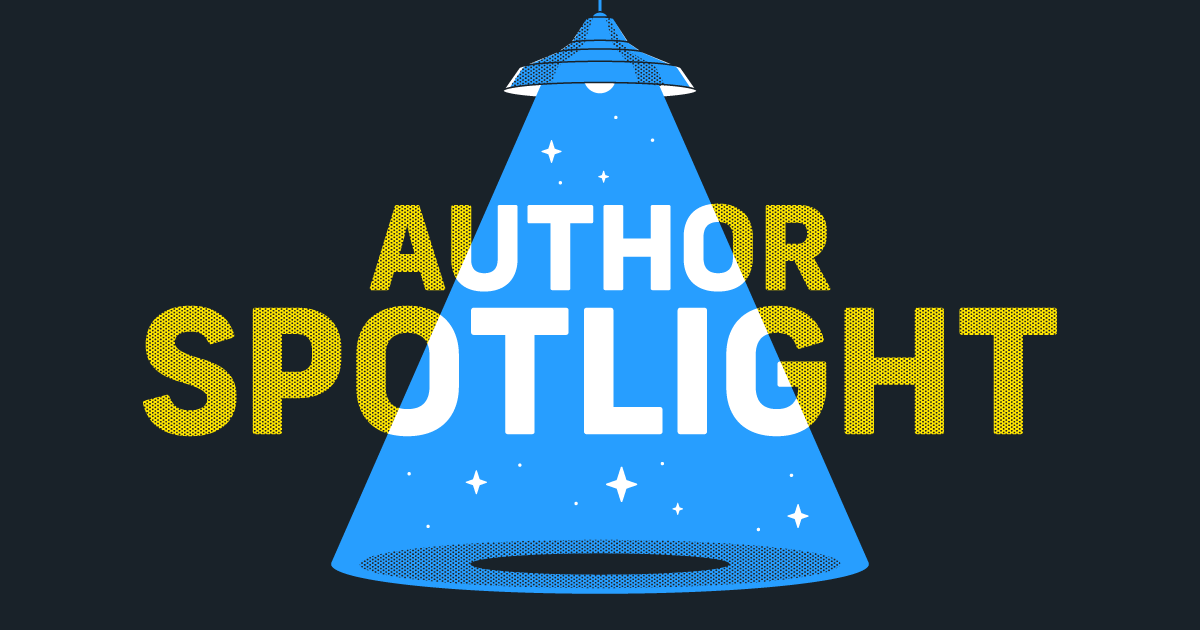Proofreading: What Makes a Great Reader?
Taking an idea and turning it into written work is no easy task. The process is long, arduous, and riddled with interconnected steps. It can be easy to overlook proofreading. You’ve written a book after all! The excitement to get it into print and out there for the world to see is tremendous.
But don’t put the cart before the chicken!
Or something like that. Anyway, don’t get ahead of yourself.
You must get some eyes on your work before you publish.
Proofreaders serve a variety of critical purposes:
- Spelling and grammatical errors
This one might seem obvious, but you shouldn’t let anything go without notice. Get as many trusted readers as possible to give feedback regarding spelling, grammar, word choice, and syntax. - Plot, pacing, and organizational feedback
A topic or story you’re passionate about might hold your interest indefinitely. Readers will not stick with the book if the pace is crawling, the plot languishes, or the content is organized counterintuitively. - Overall opinions about the work
Presumably, you had a goal in mind when you started the book. An endpoint for your characters. A piece of information you want to convey to readers. A bit of historical data you want to commit to writing. Whatever the content’s purpose, you need a holistic opinion about how what you’ve created works as a book.
With the above roles in mind, you’ll want to seek out individuals you can trust to give honest opinions. I cannot stress enough how important diversity is here. As an example, my ideal proofreading group would include:
- 2 or 3 people familiar with you and your writing
- 2 or 3 people unfamiliar with your writing (friend of a friend, member of a local writing group, etc.)
- Someone with a strong editorial and/or publishing background (this might require paying someone)
Local writing groups are a great place to start. You’ll find like-minded writers and in most cases eager proofreaders. Family and friends work too, though there is a good chance they’ll be more supportive and less critical than you need. But you should absolutely get the opinions of BOTH. You need a variety of voices, with all the associated motivations, to truly get the most from your book.
There Are a Few Specific Attributes To Look For
- Patience
Reading a rough draft is a lot of work, no matter how well written. Your proofreader needs the patience to stick with your work from start to finish, without wavering or losing interest. - Avid reader
It is not necessary but is quite beneficial if your proofreader is familiar with your writing type. If you’ve written a fictional tale, you might not want to engage someone primarily reading non-fiction to proofread. - Thorough
Alongside patience, your ideal proofreader will be thorough and detail-oriented. Someone who always sees a thing through to the end, and puts in the same effort from start to finish. Proofreading a book is no easy task, and your proofreader will be a critical player in helping you create book readers will want to pick.
Proofreaders are crucial to perfecting your manuscript before publishing. Don’t overlook the value of unbiased observation.

Your Free Lulu Account
Create a Lulu Account today to print and publish your book for readers all around the world




